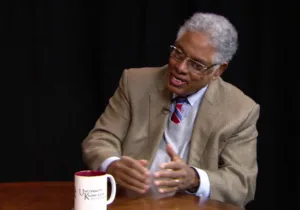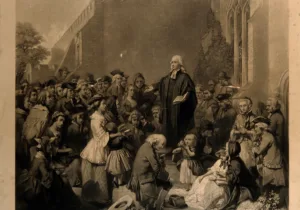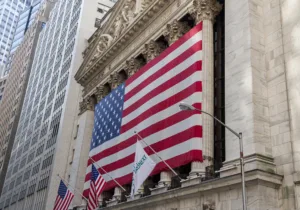De-escalation Will Not Solve the Houthi Problem
The Biden Administration’s strategy of de-escalation at all costs has not been working against Iran and its proxies
Rebeccah HeinrichsMarch 4, 2024
The Elusive Hunt for Economic Justice
Economic power must not be too concentrated in the government or among a few private citizens
James RowellJanuary 12, 2024
Social Justice Anywhere Is a Threat to Justice Everywhere
Thomas Sowell has once again written an excellent book critiquing social justice rhetoric
Daniel J. SametNovember 6, 2023
Conscience and Commerce: Thoughts from John Wesley
“Gain all you can”; “Save all you can”; “Give all you can.” This was John Wesley’s maxim for gaining and spending money.
Erik MatsonOctober 11, 2023
Slouching Towards Technocracy
The most essential political choice facing America today is between democracy and technocracy, and it is vital we choose the former.
Jeffery Tyler SyckSeptember 27, 2023
Scowling Liberty: Review of Gary Gerstle’s “The Rise and Fall of the Neoliberal Order”
Historian Gary Gerstle traces the rise and fall of the neoliberal regime in his new book
Mark R. RoyceSeptember 21, 2023
Beware the Technological Idiot
The “secret sauce of shared prosperity in the decades following World War II” was “a direction of technology that created new tasks and jobs for workers of all skill levels.”
Robert BellafioreJune 26, 2023
The Best Economy: Free and Fair, But Not Fixed
Balancing the scales of liberty and equality is both a free-market and a Christian concern.
James RowellMay 15, 2023
Silicon Valley Bank Failure: Not 2008, But Still Worrying
Though the collapse of Silicon Valley Bank is worrying for its own reasons, it will not lead to a global recession.
Antonio GraceffoApril 7, 2023









 Sponsor a student for Christianity & National Security 2024
Sponsor a student for Christianity & National Security 2024